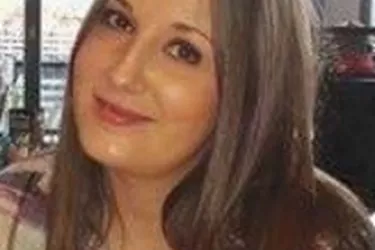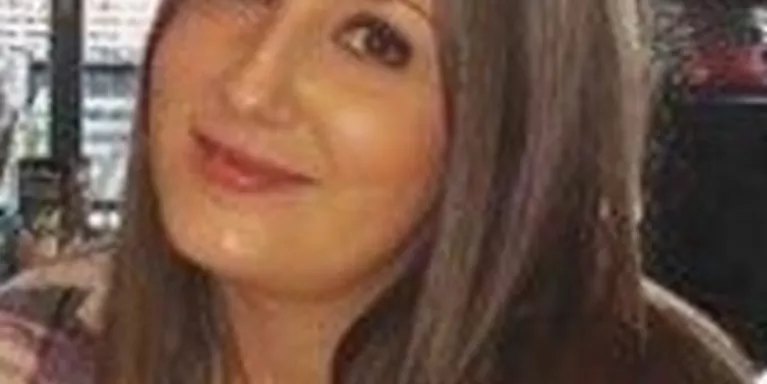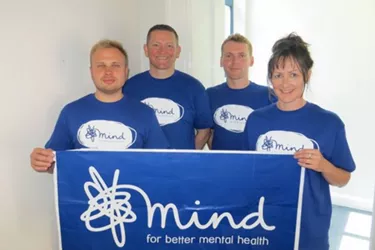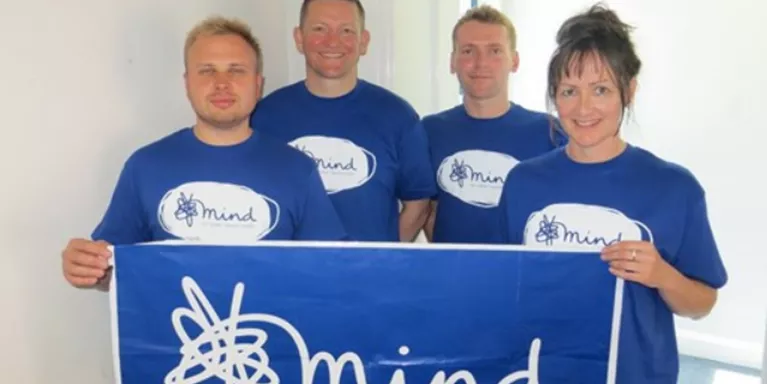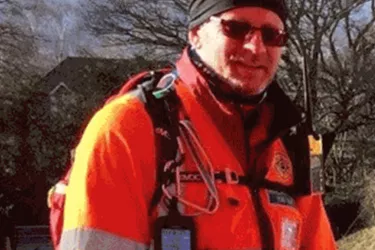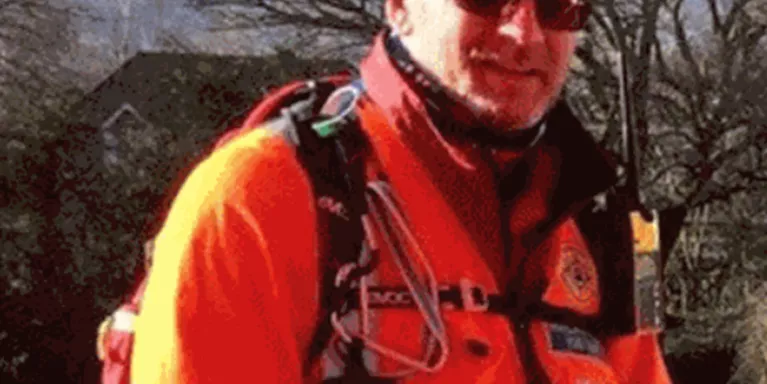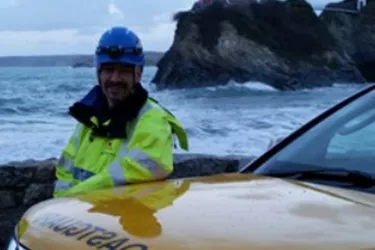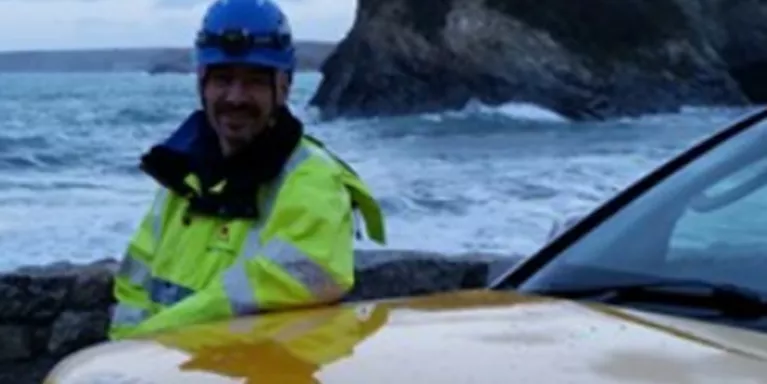My fire fighting story
Richard, a firefighter and advocate for Mind's Blue Light Programme, shares his story.
I joined the fire service in 2001 when I had just turned 18 – I’d always fancied doing it, so one day I took the plunge.
Three years ago my then partner and I lost a baby – we had a miscarriage. At the time it didn’t think anything of it. I told myself these things happen, get on with it.
"Then last summer at work I attended a road traffic accident."
The casualty trapped in the car was pregnant. As soon as the officer giving the briefing told us that, something just turned.
"I had to step away from the job then and there, because the first thing that came into my head was the baby we had lost."
What was bizarre for me was why it had taken so long to react to it.
I had some time off work, and went back when I thought I was OK. They took one look at me and sent me straight home. Then I went in again and was OK for couple of weeks and then I wasn’t, so they sent me home again.
Looking back, part of me knew work was keeping me going, but I and my bosses knew I wasn’t safe to be there because of the huge fluctuations in my mood. I never knew what triggered it, but I’d go from being fine straight to rock bottom.
"There were days when I didn’t know what I was doing, or who I was. I was in a bubble."
I could have been in a street full of people but as far as I was concerned it was just me there. When I got to my lowest there were times I didn’t know what was happening to me. It was tough.
I planned to end my life, and I had told my partner at the time that’s what I was going to do. She called the doctor, who rang me straight away and referred me to the psychiatric team to be assessed.
"The worst part of it was pushing my family away."
I’ve got two small kids and I pushed them and my partner at the time away, which resulted in the relationship ending. That didn’t help things and probably set me back further.
But now its getting better, I’m seeing a lot more of my kids. Things are improving.
"I’ve been quite open about all of it with my bosses and colleagues."
I’d rather people knew why I was off rather than making assumptions.
They have been really supportive. We are lucky as a service to have a big network of support, from counsellors to what they call staff supporters – people you can just talk to at any time. They were all really helpful, and they never once pushed me to come back.
Since I have spoken out, other colleagues including senior officers have told me how they went through that 20 years ago or whatever it was. It’s comforting to know that I’m not the only one, that people do get through it and progress.
But although there’s a big welfare network in place at work, there’s nothing specifically for mental health and I’d like to get that in place. I want to get other people talking about it.
"Blue light has been an excellent campaign and helped me a lot."
The information and support they have provided for me, my organisation and managers has been indispensable.
I am back at work now. I still have bad days, but they are manageable.
My job is massive to me and I love it, and for them to give that back to me made me feel so appreciated. And now, through this, I could potentially help someone else – and that’s the most important thing.
There are around a quarter of a million emergency service staff and volunteers working in police, fire, ambulance and search and rescue services in England who could benefit from Mind’s Blue Light Programme. Please help us to reach them and share my story with someone you know in the emergency services: Mind.org.uk/bluelight
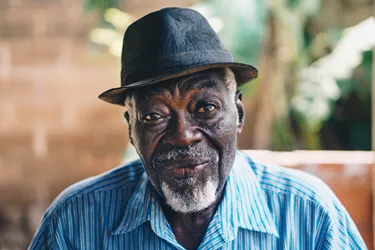

Information and support
When you’re living with a mental health problem, or supporting someone who is, having access to the right information - about a condition, treatment options, or practical issues - is vital. Visit our information pages to find out more.
Share your story with others
Blogs and stories can show that people with mental health problems are cared about, understood and listened to. We can use it to challenge the status quo and change attitudes.










